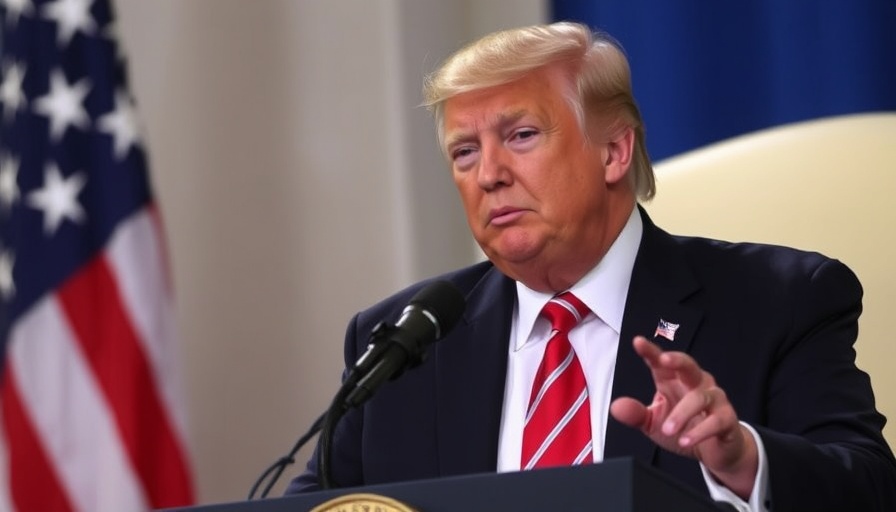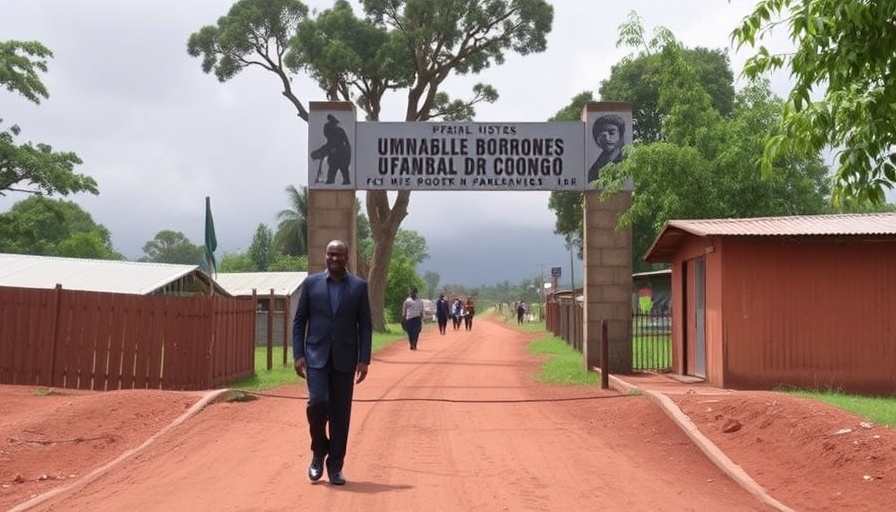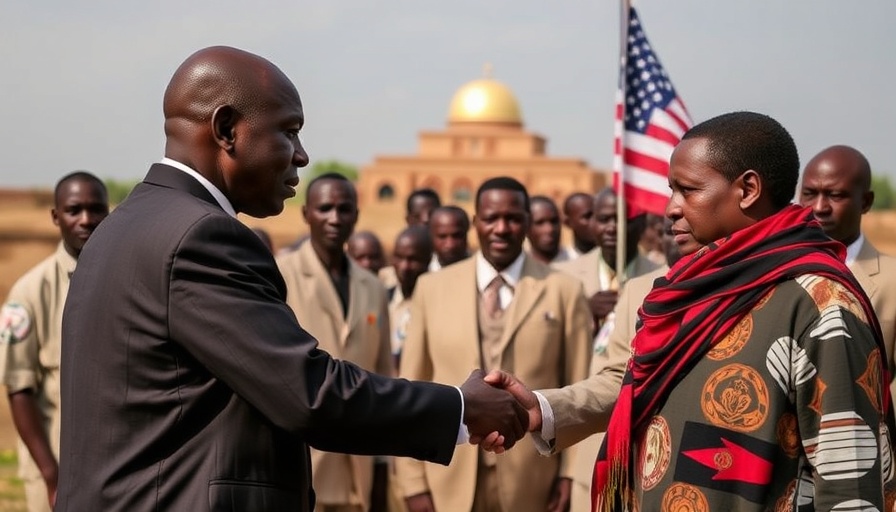
Trump's Bold Push for African Support on Migrant Policies
In an unorthodox diplomatic move, former President Donald Trump is reportedly urging African leaders to accept deported migrants from the United States. This unexpected request is unprecedented and raises important questions about the implications for African nations' foreign relations and economic stability.
Examining the African Response
The call for African countries to accept deported migrants comes amid increasing tensions over immigration policies fueled by Trump's administration during his presidency. This pressure could strain diplomatic relations as African leaders weigh the socio-economic impacts of welcoming individuals who have faced challenges abroad. Local reactions emphasize a blend of skepticism and concern regarding how this will affect their countries' social fabric and their standing in the international community.
Global and Regional Implications of Migrant Returns
The implications of accepting deported migrants extend beyond immediate humanitarian concerns. Economically, this could reshape African economies, introducing new labor dynamics in markets already struggling with unemployment and social services under pressure. Furthermore, aligning with the U.S.'s deportation policies may alienate African nations from other key global partners, such as China and the EU, which advocate for collaborative immigration solutions.
The Geopolitical Landscape: A Double-Edged Sword
Engagement with the U.S. through such migrant policies also invites scrutiny of Africa's geopolitical strategies. As African nations assert their role in global discussions, navigating the complexities of foreign relations becomes increasingly critical. The potential acceptance of deported migrants can be viewed as a litmus test for Africa's agency within the global arena first demonstrated during recent dialogues with European and Eastern powers.
Strategic Opportunities for African Collaboration
This scenario opens avenues for African leaders to negotiate better trade agreements or foreign support in exchange for humanitarian efforts. The challenge lies in ensuring that such cooperation does not come at the expense of their citizens' rights and opportunities. It's a time for African countries to leverage their negotiating power, balancing strategies to benefit their citizens while assessing their global partnerships.
Conclusion and Call to Action
As this situation unfolds, business leaders and policymakers should closely monitor the evolving dynamics between the U.S. and African nations regarding migration. Understanding these shifts is crucial for formulating strategic responses that address both immediate socio-political conditions and long-term economic planning. Engaging in dialogue about Africa's role in global geopolitical affairs can facilitate a more sustainable partnership moving forward.
 Add Row
Add Row  Add
Add 


 Add Row
Add Row  Add
Add 

Write A Comment